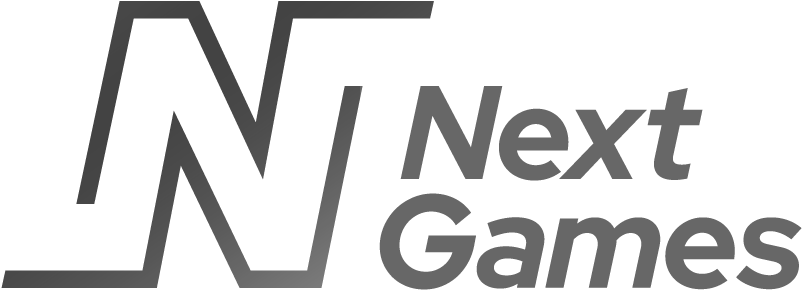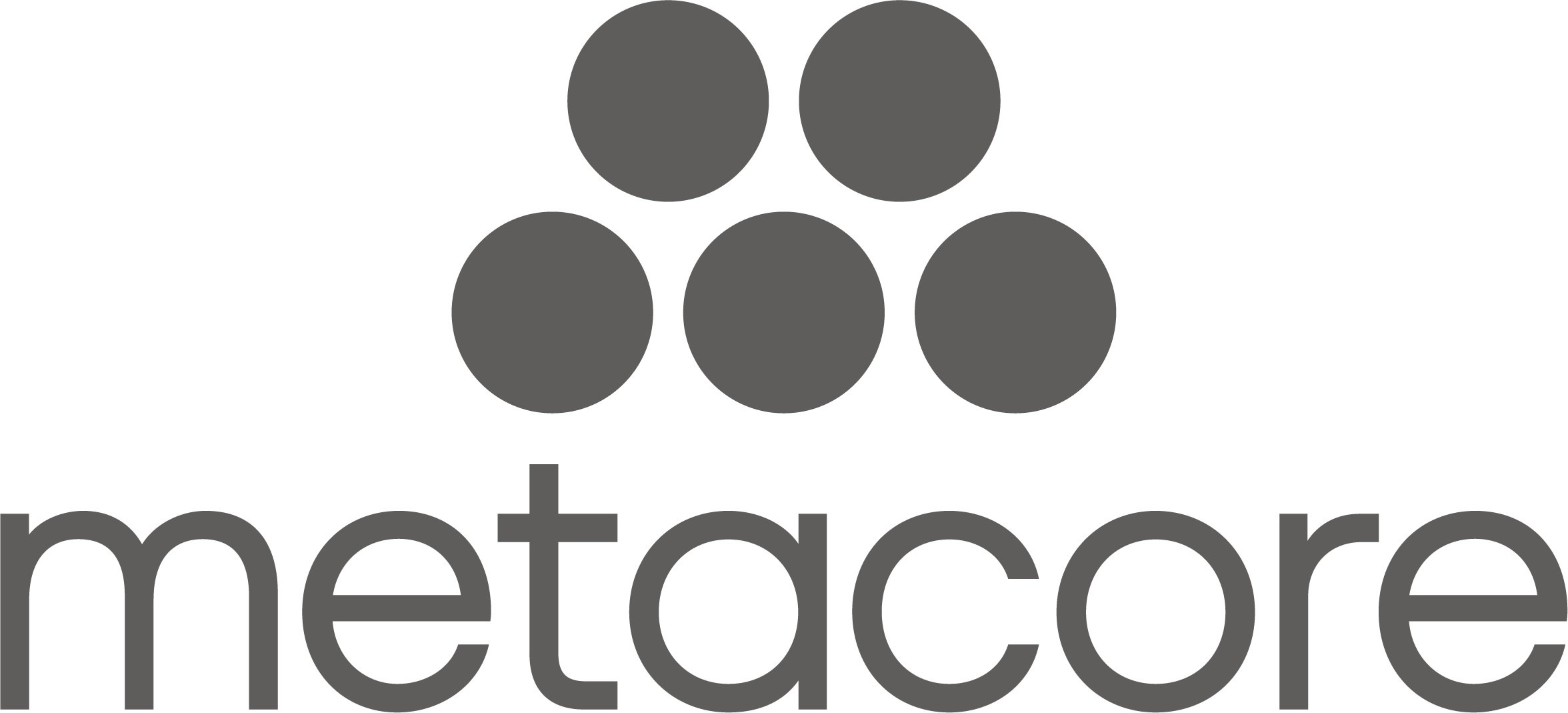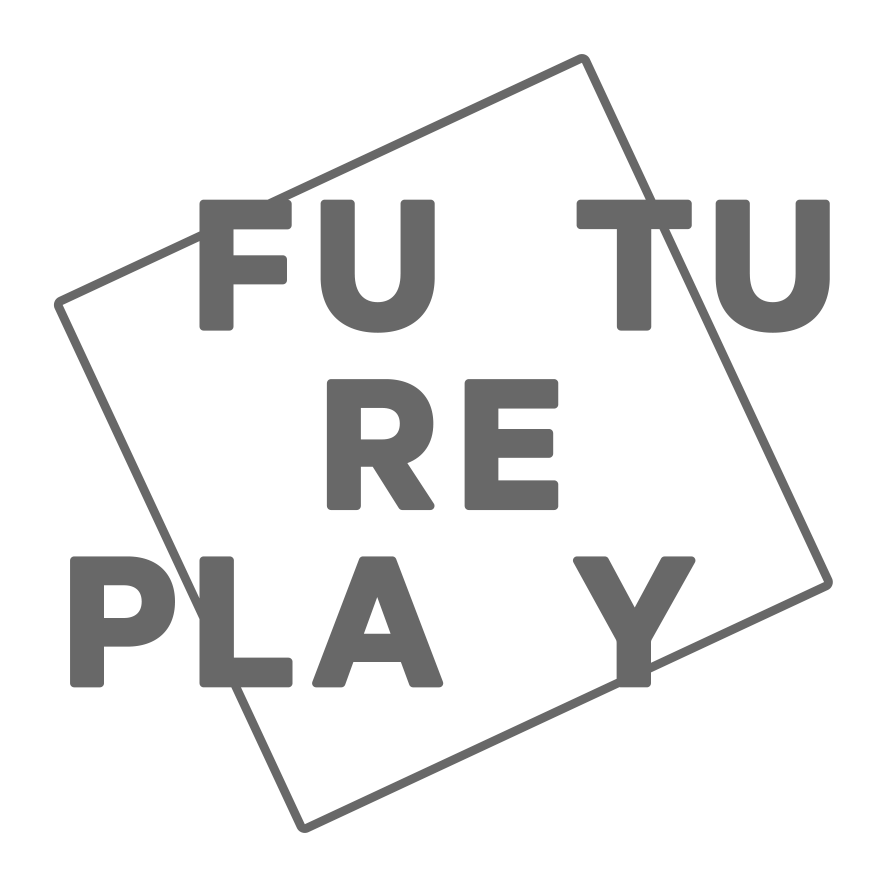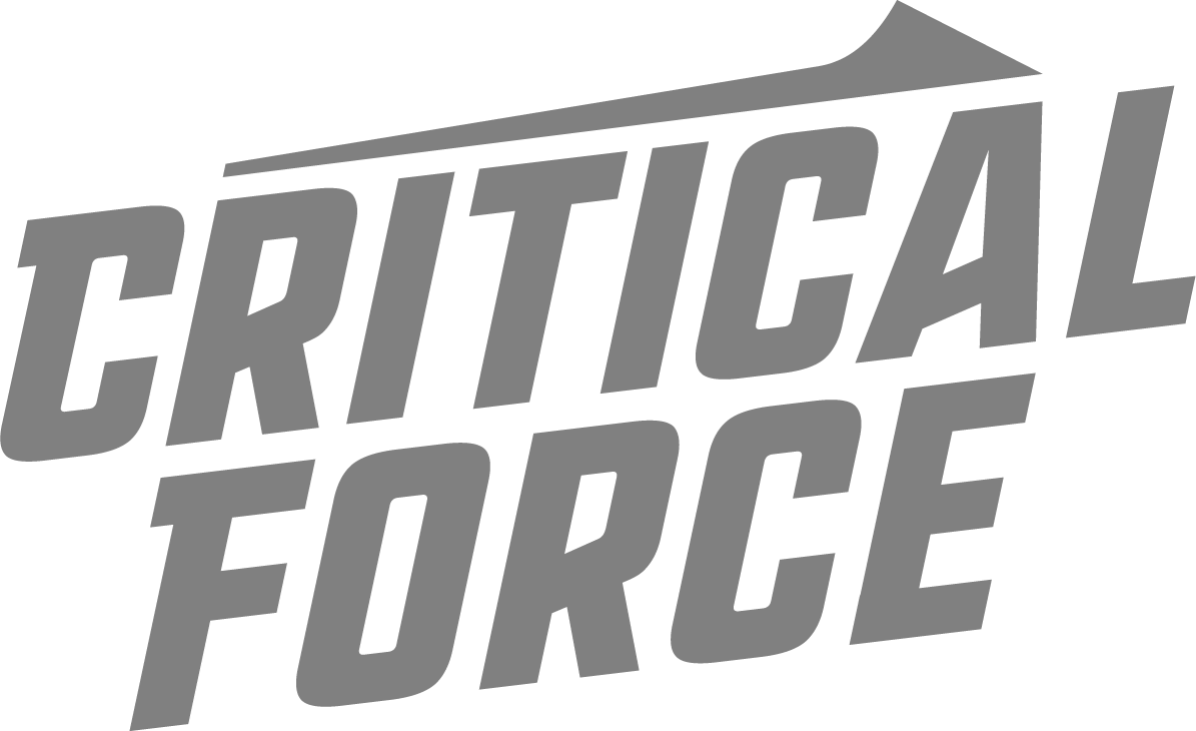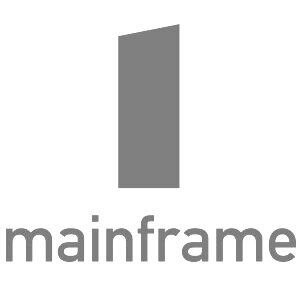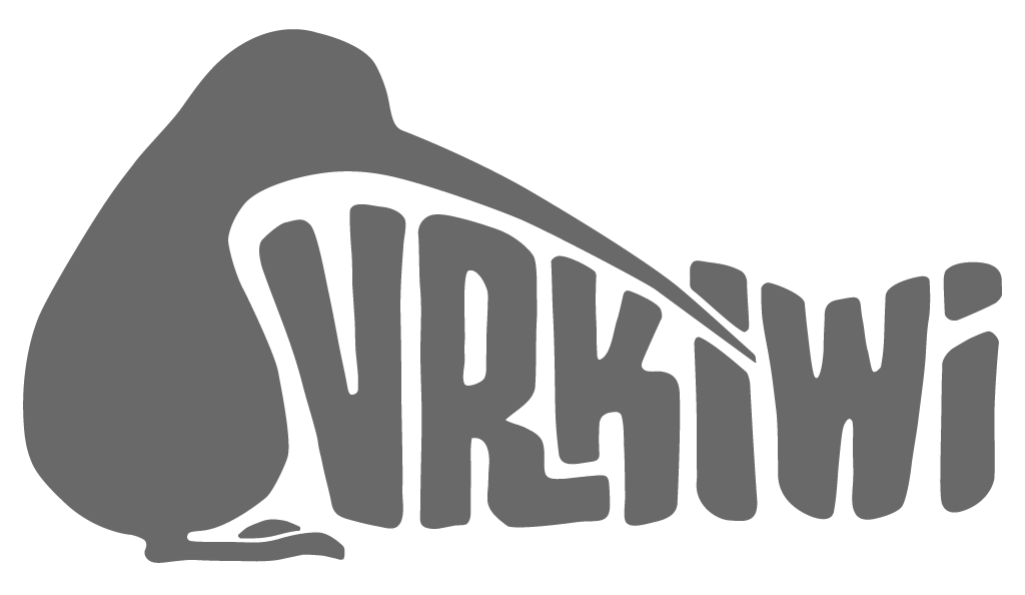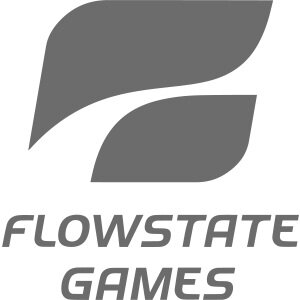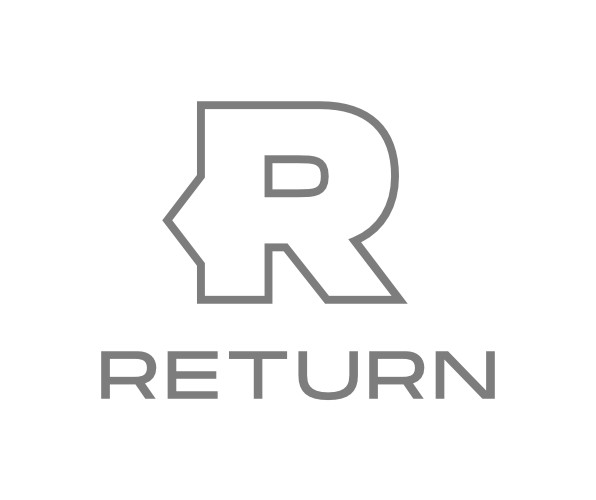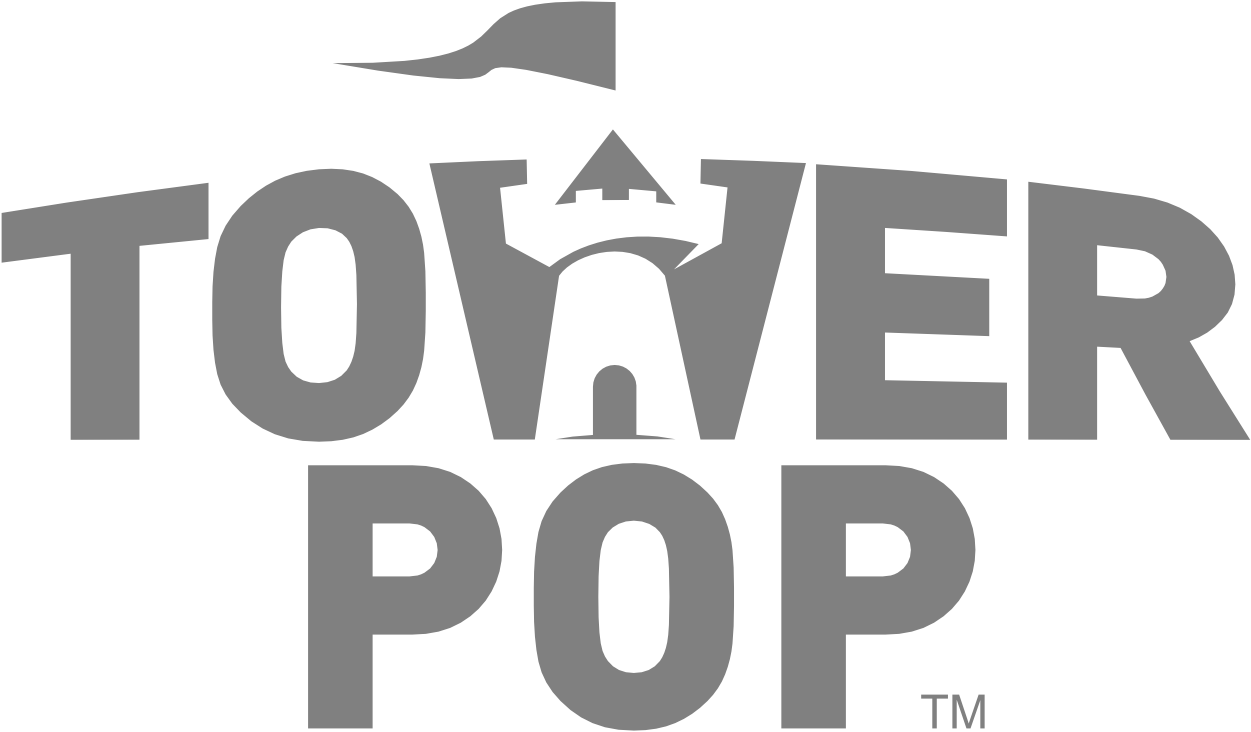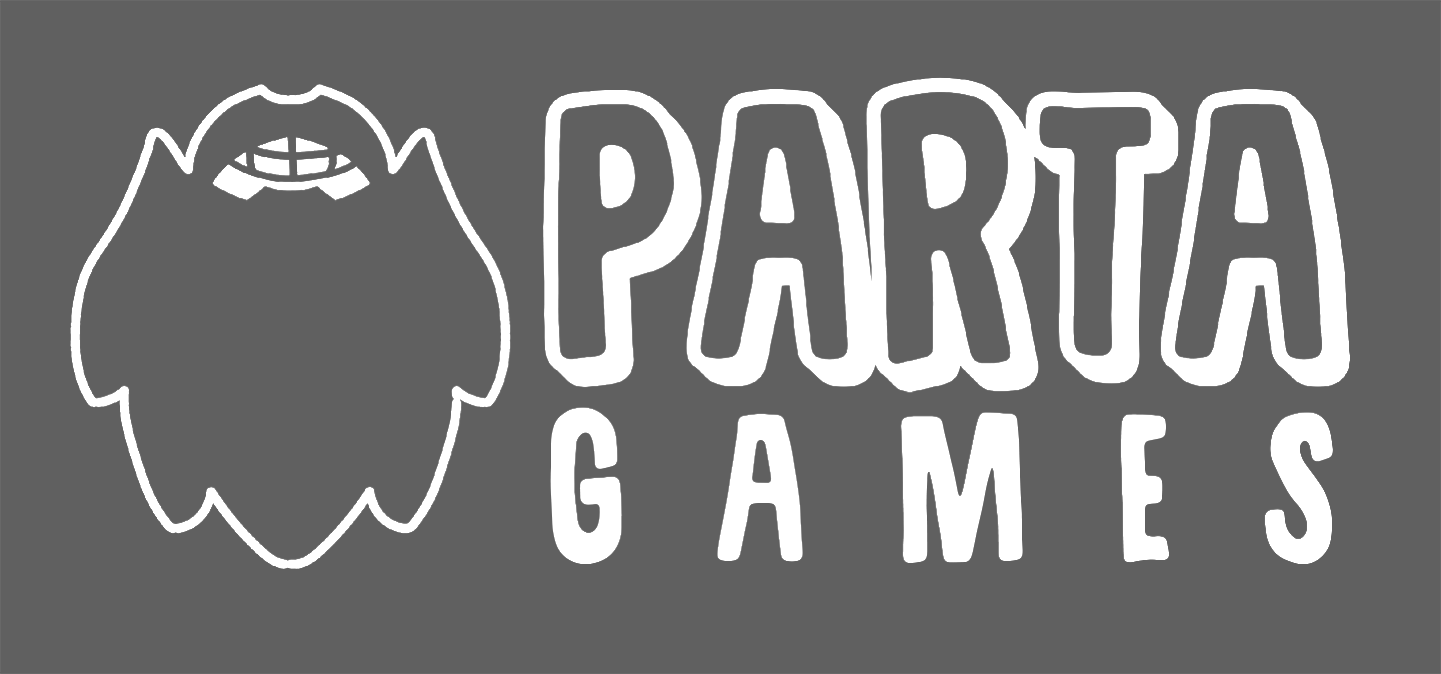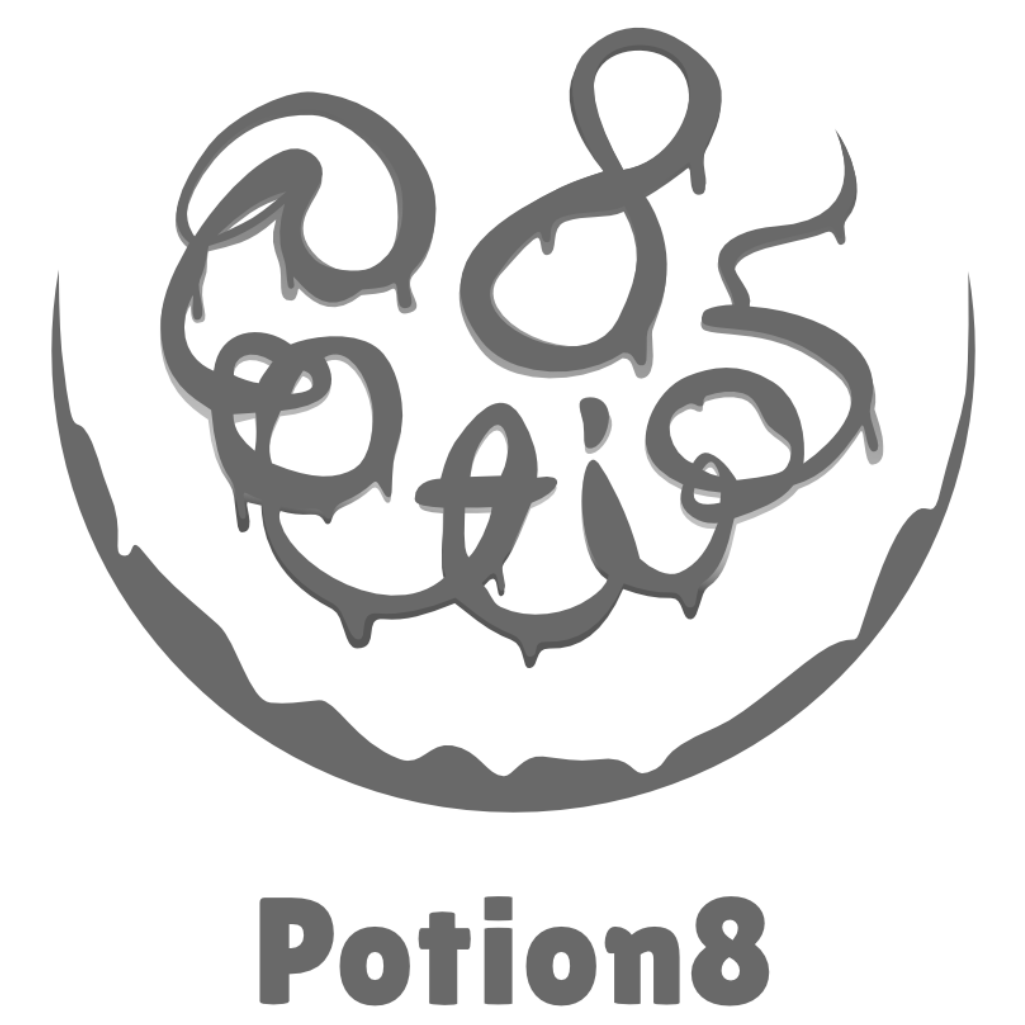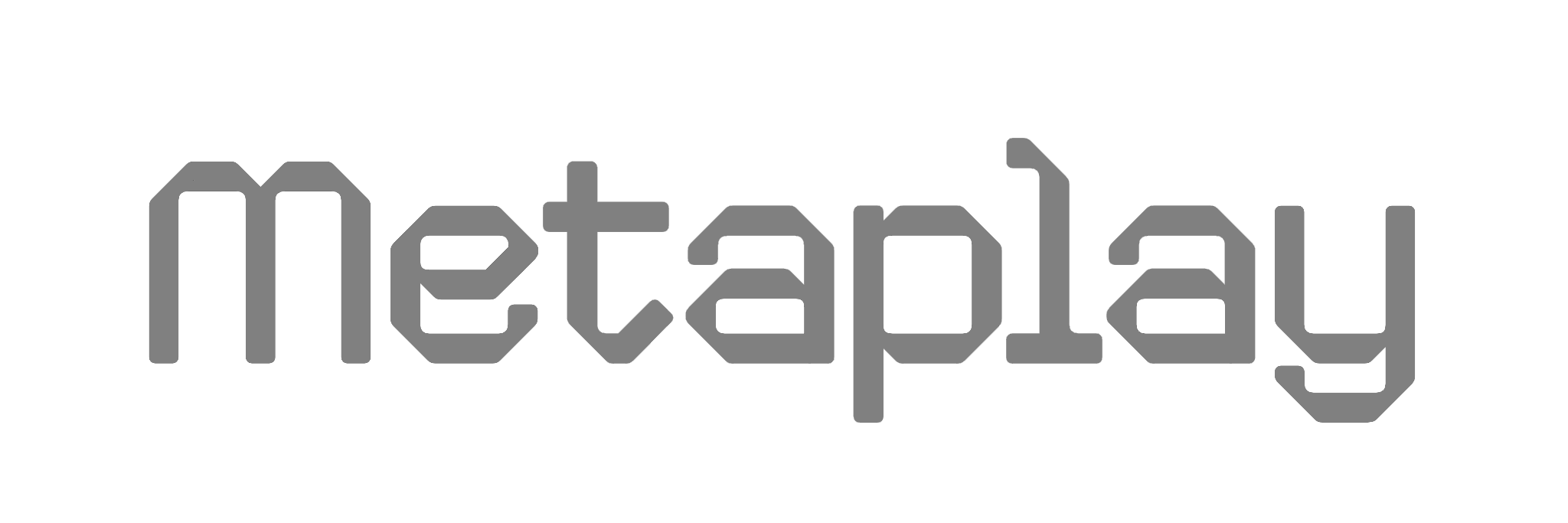Helsinki Hub: April Gathering with Game Makers of Finland
/By Giorgos Riskas and Roope Sorvo
The April IGDA gathering at the Helsinki Hub was sponsored by Game Makers of Finland, the first union in the world for workers of the game industry. Game Makers of Finland celebrated their first anniversary by adding a few surprising spins to the traditional IGDA event; both a professional photographer and a career coach offered their services for free and helped all the interested attendees to improve their CVs.
The main goal of Game Makers of Finland is to ensure that workers and students alike get the required tools and training to prepare them to face the challenges of working in the games industry today. Their vision is to make Finnish gaming industry the best in the world, built upon the values of diversity and equality.
Milla Pennanen and Sami Vuolanne, Coordinator and Vice President of Game Makers of Finland respectively, organized an in-depth panel discussion about working in the Finnish game industry and tried to answer all the burning questions related to it. During this process, the audience was able to participate by answering survey questions via an online platform.
The topics of education, salaries, working benefits, work time and stability were discussed by a diverse panel of professionals- that included Mariina Hallikainen, CEO of Colossal Order, Koopee Hiltunen, Director at Neogames, Joonas Häll, Teacher of Game Design at Metropolia and Jenny Tirkkonen, 3D artist at Sulake.
Left to right: Panelists Jenny Tirkkonen, Koopee Hiltunen, Mariina Hallikainen, Joonas Häll and moderators Milla Pennanen and Sami Vuolanne. Photo by Jesse Eloranta.
After the panelists introduced themselves, they first kicked off the conversation with the topic of education. They unanimously agreed that the theoretical background that education offers is key to getting hired, and cannot be matched by other means of learning. That knowledge can also help students feel more confident and self assured when entering the workforce.
Unfortunately, not all students have the same luck when it comes to the quality of education they receive. Educational institutions are usually not constructed in a way that allows teachers and students to quickly adapt to ever evolving market conditions. Technology moves very fast and the teachers have to work hard to stay ahead of the curve, which is not always encouraged by academia.
The panel then moved on to salaries and working benefits. The consensus was that workers should always be aware of what their salary demands should be to stay competitive in the market. For that matter, they should consider moving on to different workplaces if they feel that their career has stalled. An important parameter of course is the different priorities that various employees might have; working for a startup might offer a lower income but keep a worker more engaged in what they do.
Working benefits can be, and many times have been, a decisive factor in the hiring process. Salaries are always relative to living costs, so it should never define one’s choices before put into proper context. Working benefits such as paid overtime, health insurance, and leisure time activities have typically outweigh higher salaries because they better appeal better to the job seekers’ needs.
On the topic of work time and crunching the speakers shared their insight about how companies should treat their employees when they want to reach strict deadlines. While having to work extra is a common phenomenon, there is an important distinction between agreed overtime and crunching. The first option is generally seen as a fair way to keep employees at work for more hours, while the latter was mostly described as inability to schedule properly that should not be encouraged in any workplace.
The final subject was stability. While it was stated that instability is partially in the nature of the industry, it should never be an excuse for lack of professional planning and management. The workers should always be informed of any given situation of their workplace so they can make their own decisions.
After the seminar session ended, the attendees had the chance to talk with the panelists and the hosts as they wrapped up an informative evening.
If you missed the event and the panel discussion, you can watch it below:











